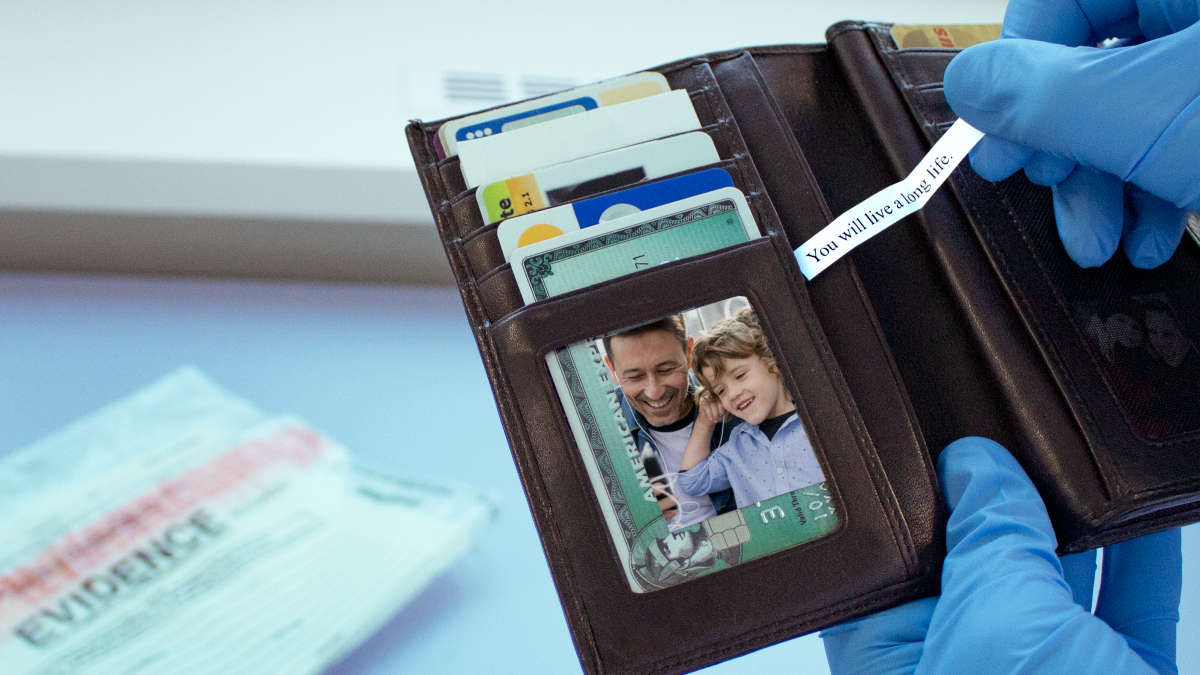
The team at DNA Labs International identifies assailants who need to pay for their crimes and stopped from committing new ones. Most of their cases are current, so time is of the essence. But new technology has also made it possible to re-open cases long gone cold, providing closure to victims and their families who have spent decades looking for closure.
Think of people who have been victims of sexual assault and they have to go on living their life knowing that that person is still out there every day.
Rachel Oefelein, Chief Scientific Officer, DNA Labs International
We process sexual assault cases that are 30 years old and we process sexual assault and that are four months old, two weeks old. It's across the board.
Allison Nunes, Laboratory Director & COO, DNA Labs International
As much as we try to separate ourselves from the cases that we work on, there are going to be those ones that sneak through and pull your heartstrings and remind you you're still human.
Rachel Oefelein, Chief Scientific Officer, DNA Labs International
I think, ‘You fought back. You did your part. Now let me do mine and try to help bring justice to this case’.
Rachel Oefelein, Chief Scientific Officer, DNA Labs International
January 2023


